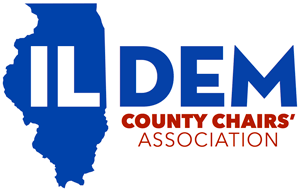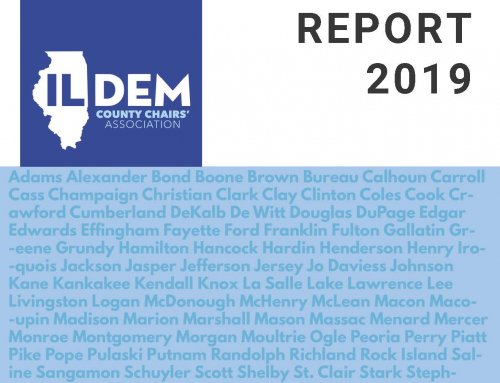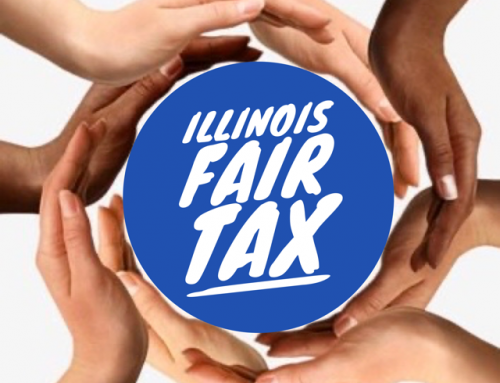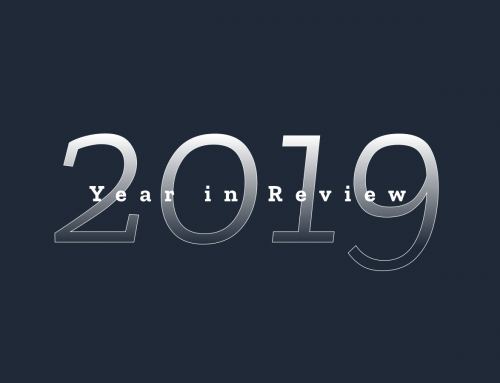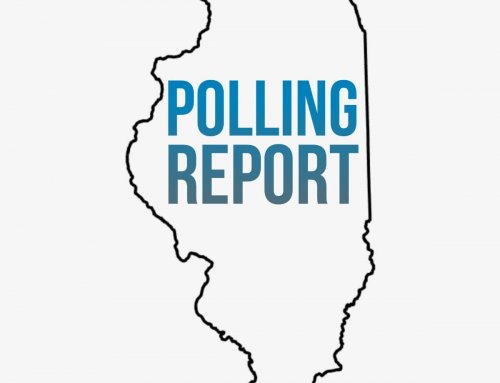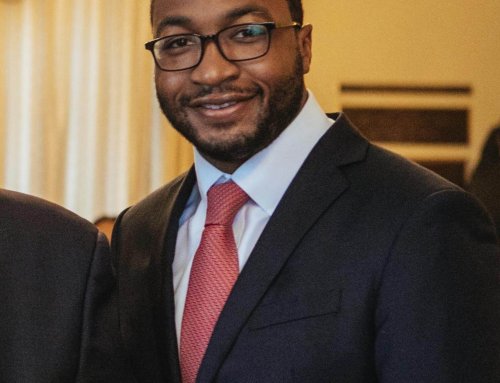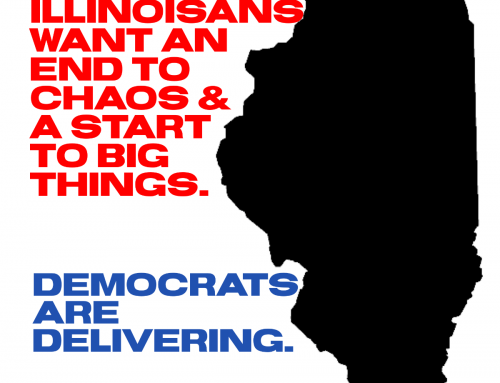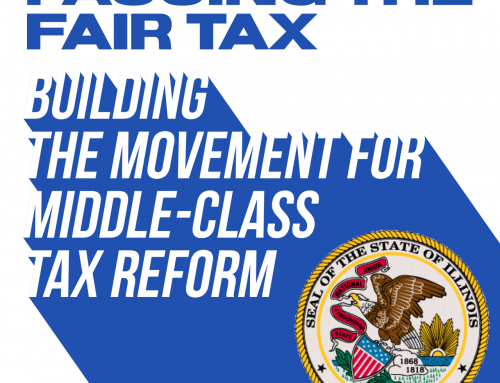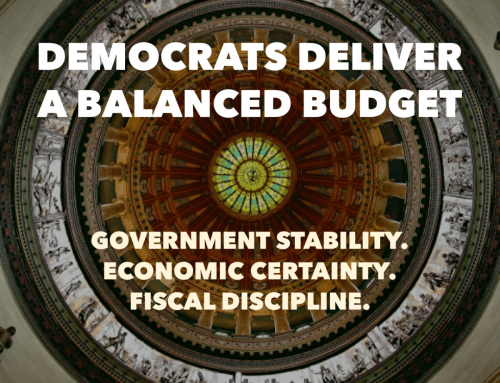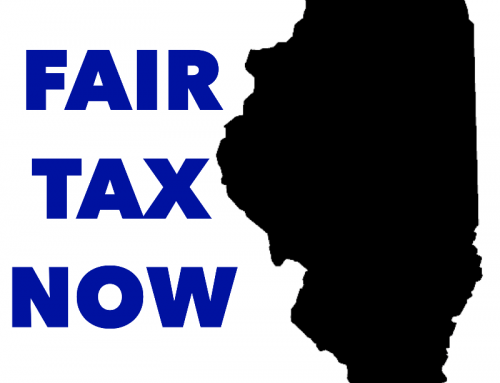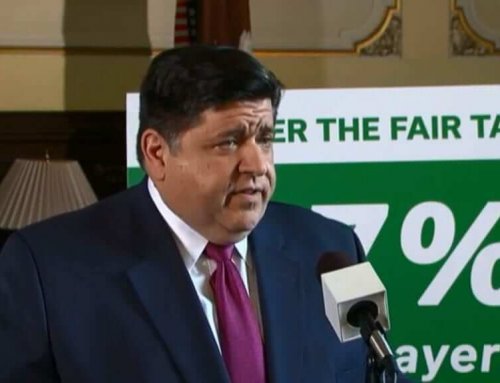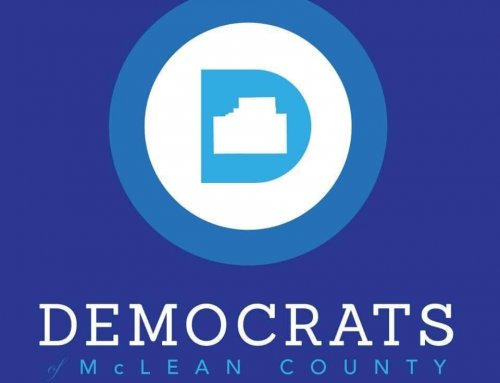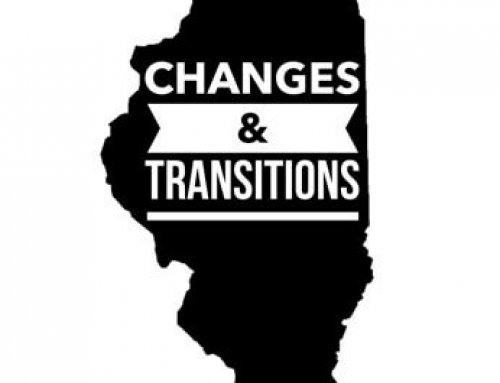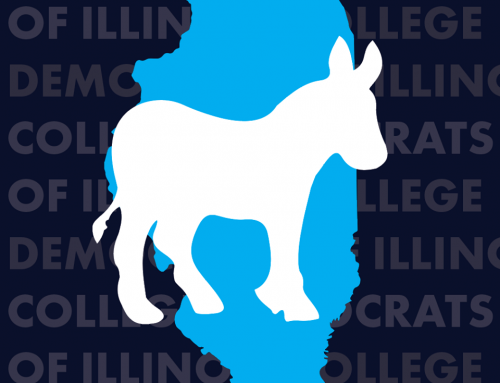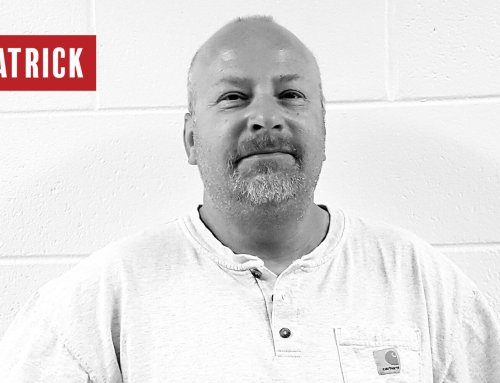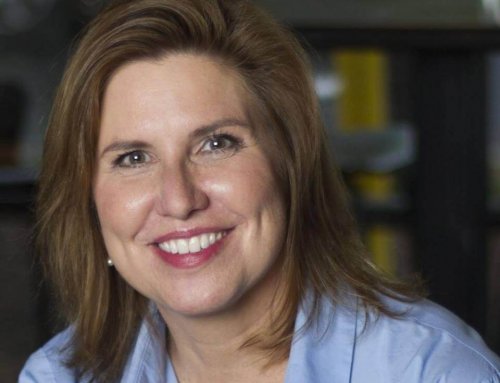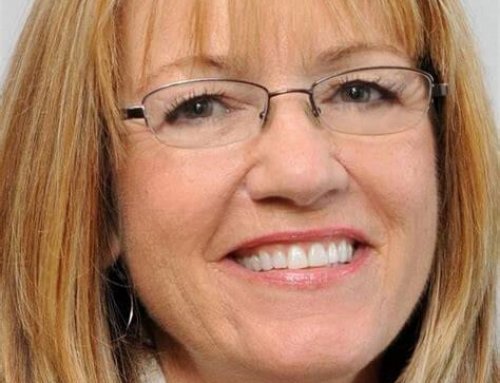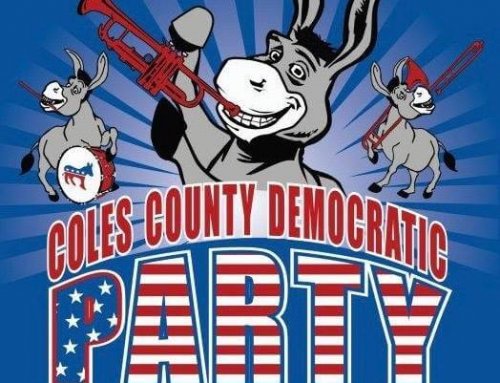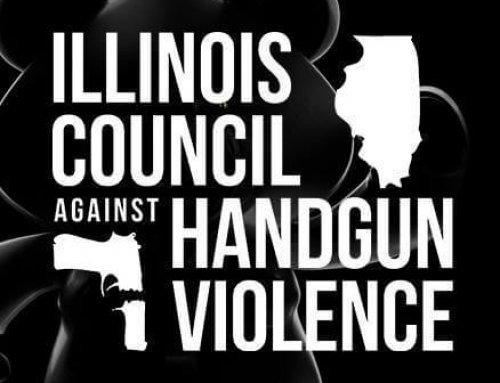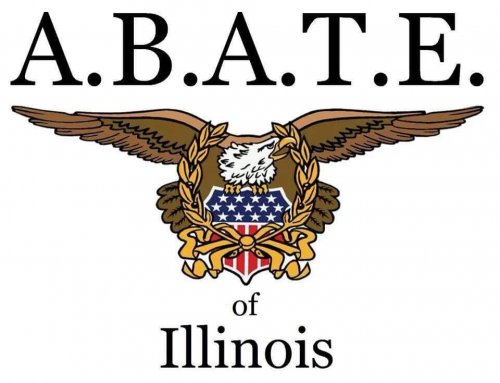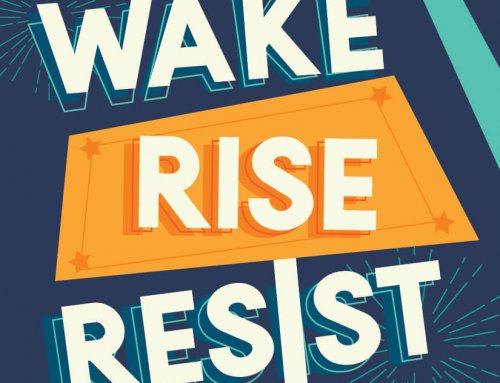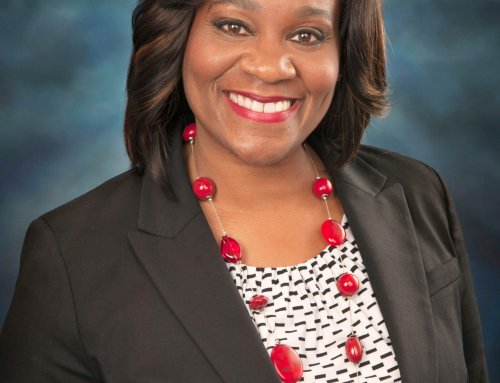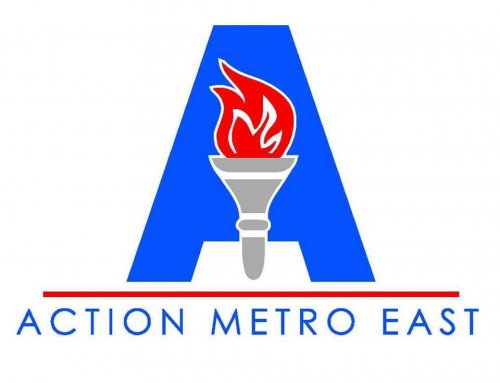Dignity & stability for working families as Democrats advance plan to boost minimum wage to $15.00/hr.
by Toby Trimmer, Communications Director
@ILDCCA @tobytrimmer
In less than a month since starting the 101st General Assembly, Democrats in the Senate advanced one of Governor JB Pritzker’s foundational campaign pledges: a path to a $15.00/hour minimum wage. If passed by the Illinois House, the governor will sign the first hourly wage increase for Illinois workers in a decade. The swift action of moving the plan forward is a signal that Governor Pritzker and his Democratic allies are truly determined to do big things for middle and working-class families.
In the Senate, the 40-member super-majority Democrats voted in unison for the plan. Republicans opposed the plan, barely acknowledging that a full-time minimum wage worker earns just over $16,000 per year. The bottom of the federal poverty rate is $17,000, meaning millions of Illinoisans put in 40 hours per week, often without healthcare, sick days or vacation time, only to find themselves in the continued depths of poverty. After ten years without a raise, workers will experience a phased-in wage boost over a six-year period.
Raising the minimum wage has been a popular issue for Illinois voters. In 2014, a non-binding statewide ballot question asked voters if they supported or opposed an increase in the minimum wage. Sixty-four percent (64%) of voters confirmed the need for the state to raise the wage.
Partners in the coalition to raise the wage estimate that Illinois’ $15/hour rate will generate $19 billion in new economic activity, mainly due to the additional spending ability of workers. There’s certainly no evidence that too many of these workers will be hoarding their adjusted wages to drop into offshore tax shelters.
Too often, the face of the minimum wage worker goes unnoticed or overlooked. It is true that some are youngsters bagging groceries after school to help with upcoming college expenses. But, increasingly, adult workers are stringing together 40-hour weeks in tough jobs at minimum wage. Some are aides at elementary schools, charged with keeping kids on task. Others use their own aging vehicles to travel from home to home to provide critical assistance for the elderly and disabled.
It’s a fact that half of full-time minimum wage workers have and Associate’s degree or some college. Many are single parents, most likely women of color. Scores have grueling job schedules and labor-intensive duties. And, with costs for basics like food, housing, clothing, gas and healthcare rising, these workers face continued instability. The $15.00/hour rate will help to offer sorely-needed stability and, ideally, a sense of dignity for millions of workers.
Advancing the $15.00/hour minimum wage rate with some speed has been at the insistence of Governor Pritzker who is unwilling to waste the benefits of strong Democratic majorities in the legislature. The governor’s top negotiators have been willing to compromise with small business interests but have refused to water-down wage rates below $15.00/hour. Pritzker’s plan actually includes a significant small business tax rebate for employers who have 50 employees or less. The rebate allows these companies to save on their taxes as they transition into paying their workers a dignified wage.
Governor JB Pritzker promised a $15.00 minimum wage. With the help of Democrats, he’s delivering.
